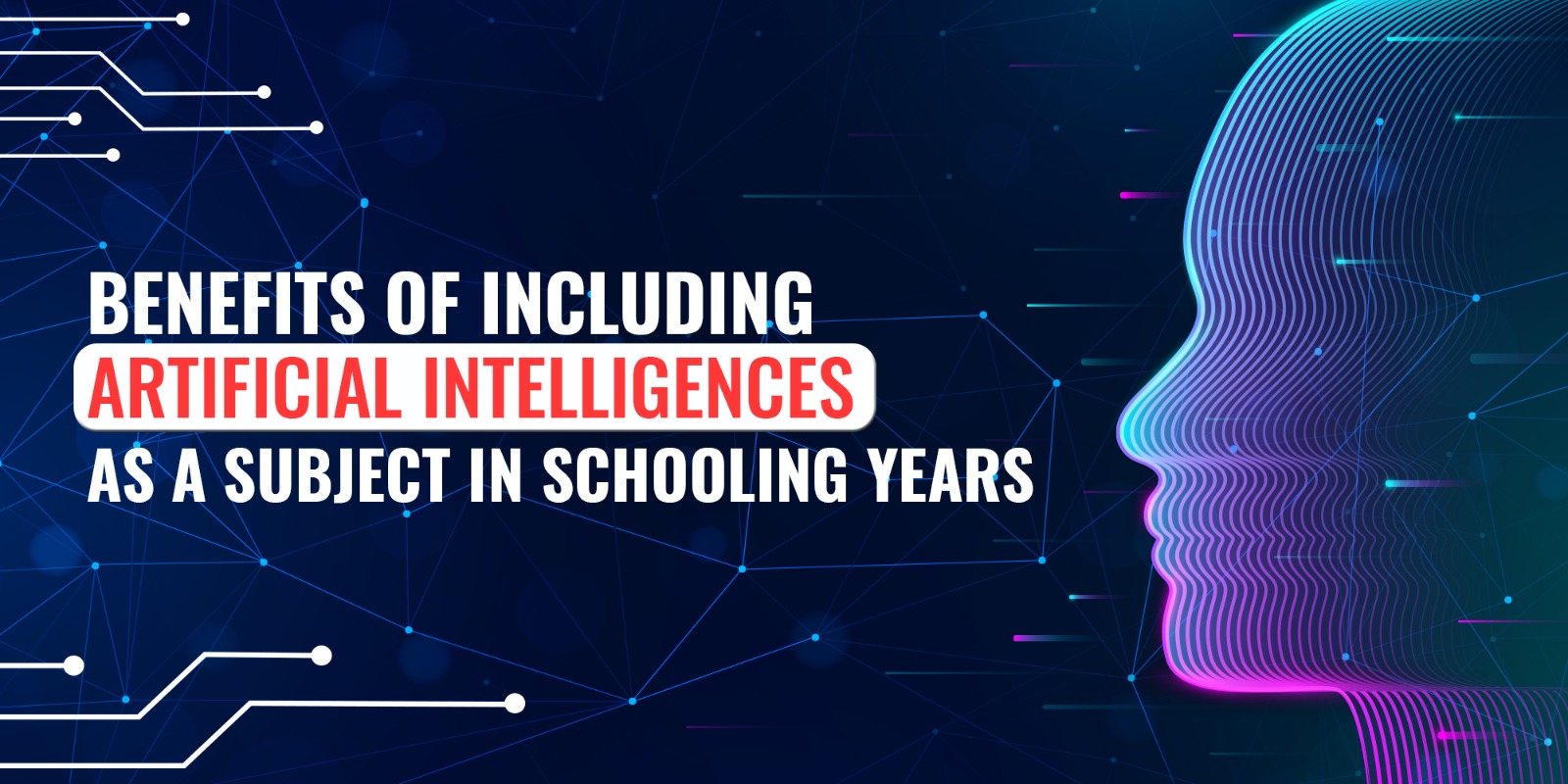Integrating Artificial Intelligence (AI) into school curricula presents multifaceted benefits that resonate with the evolving landscape of modern education and society. By incorporating AI as a subject in schooling years, students gain a profound understanding of this burgeoning technology, fostering essential skills crucial for the 21st-century workforce.
For which Rachna Sagar Pvt. Ltd has released Together with Artificial Intelligences Textbooks for Grades 6-10 designed as per NEP 2020 and NCF 2023. Incorporating exposure to AI concepts equips the learners with computational thinking, problem-solving abilities, and a deeper comprehension of algorithms and data processing. Moreover, it instills a sense of digital literacy, empowering students to navigate the complexities of an AI-driven world with confidence and proficiency. As per the NCF 2023 guidelines, ‘Together with’ Artificial Intelligence Textbook includes:
- Introduction to Artificial Intelligence with types, applications, domains, and human-machine interactions
- Special focus on Employability Skill development
- Subject Specific Skills imparted in a sequential manner
- Practical Work with aligned methods
- Project work /Field work/Student portfolio-related
- Role of Artificial Intelligence with the concept of smart living, smart homes, smart cities, etc.
- Information on AI Career Opportunities
Other than the above-mentioned points, Best AI textbooks include exercises including one-word answer questions, short & long answer type questions, etc. Multiple Choice Questions related to employability skills and others have been included separately in the book for practice.
Including artificial intelligence (AI) as a subject in schooling years offers a range of benefits, both for individual students and for society as a whole. Here are some key advantages:
1. Understanding Future Technology: AI is increasingly becoming a part of our daily lives, impacting various industries and professions. By introducing AI as a subject to school students ensures a fundamental understanding of this technology, preparing them for the future world where AI skills are going to be the need of the hour.
2. Critical Thinking and Problem-Solving Skills: Studying AI involves analyzing complex systems, understanding algorithms, and solving problems. These activities promote critical thinking and problem-solving skills, which are valuable for students across different academic disciplines and in real-world scenarios.
3. Ethical Considerations: AI raises important ethical questions about privacy, bias, and the implications of automation on society. Teaching AI in schools provides an opportunity to discuss these ethical considerations and develop students’ ability to think critically about the impact of technology on individuals and communities.
4. Interdisciplinary Learning: AI intersects with various fields such as computer science, mathematics, psychology, and philosophy. Integrating AI as a subject into the curriculum encourages interdisciplinary learning, allowing students to see connections between different subjects and fostering a holistic understanding of the world.
5. Preparation for STEM Careers: AI skills are increasingly relevant in science, technology, engineering, and mathematics (STEM) fields. By introducing AI education early on, the schools actually help the students to develop the foundational knowledge and skills needed for future careers in these areas.
6. Promotes Innovation and Creativity: AI can be a tool for innovation across industries in the coming years. Teaching AI in schools encourages students to explore creative applications of technology and empowers them to become innovators in their own right, driving future advancements in AI and related fields.
7. Global Competitiveness: Many Countries prioritize AI education in their schooling systems to prepare their workforce to compete in the global economy. By fostering a skilled workforce in AI and related technologies, nations can maintain their competitiveness in the rapidly evolving digital landscape.
8. Accessibility and Equity: Providing AI education in schools bridges the digital divide by ensuring that all students, regardless of their background, have access to important technological knowledge and skills. This will truly contribute to greater equity in education and opportunities for all students.
Overall, including AI as a subject in schooling years equips students with the knowledge, skills, and ethical understanding necessary to navigate an increasingly AI-driven world. Studying AI fundamentals from Together with Artificial Intelligences Textbooks for Middle Stage for Grades 6-8 and Grades 9 & 10 encourages creativity and innovation as students explore the limitless possibilities of machine learning and automation to be prepared for global competitiveness. Embracing AI in education prepares the next generation for future careers and cultivates ethical awareness, prompting discussions on responsible AI development and its societal implications. Hence, it serves as a catalyst for fostering adaptable, forward-thinking individuals poised to thrive in an AI-driven future.
Grab copies of NEP 2020 and NCF 2023 aligned Artificial intelligence books on our official website. Happy Learning!



